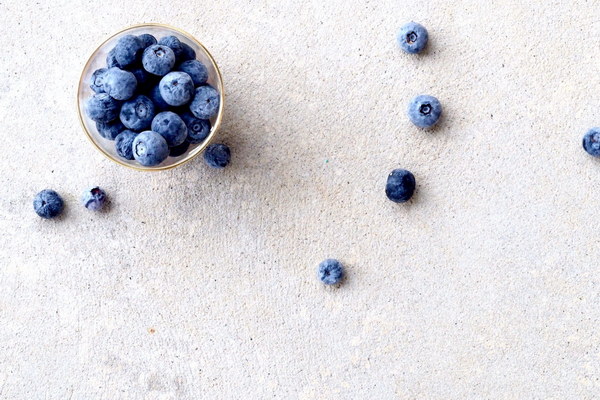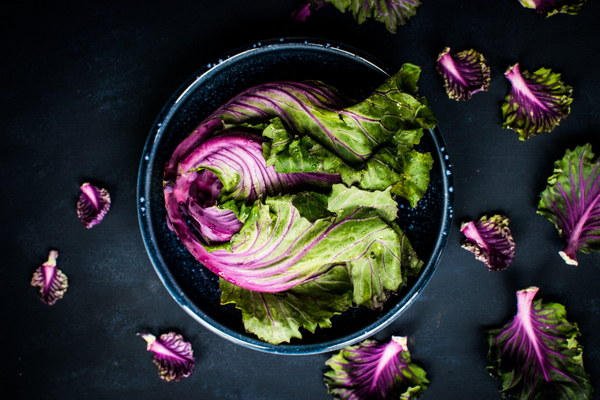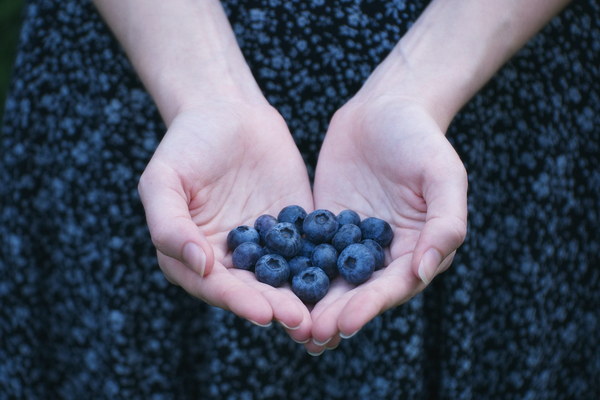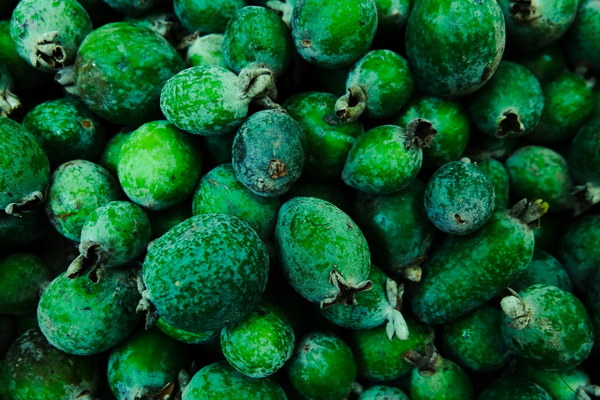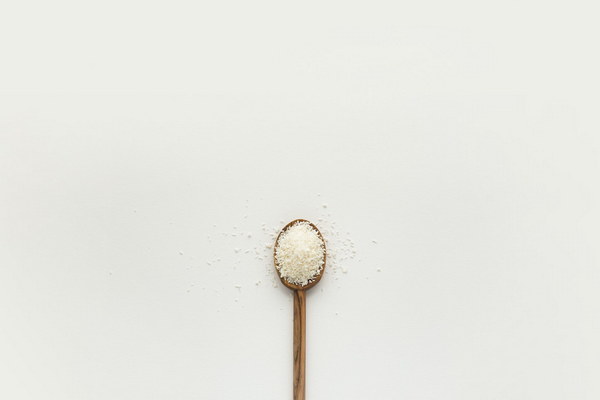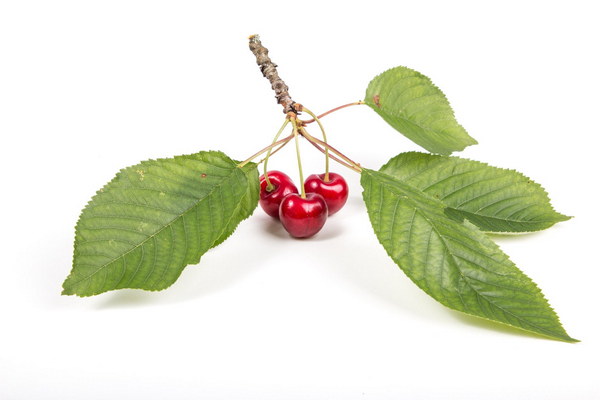Can You Drink Health Tea After Wound Stitching
Introduction:
Wound healing is a crucial process that requires careful attention to detail and proper care. One common question that often arises during the recovery period is whether it is safe to drink health tea after wound stitching. In this article, we will explore the potential benefits and risks of consuming health tea post-wound stitching, providing you with a comprehensive understanding of this topic.
I. Benefits of Drinking Health Tea After Wound Stitching
1. Antioxidant Properties
Health teas, such as green tea, black tea, and oolong tea, are rich in antioxidants. These compounds help to neutralize free radicals in the body, which can cause inflammation and slow down the healing process. By drinking these teas, you can support the body's natural defense mechanisms against oxidative stress.
2. Antibacterial Effects
Some health teas, like chamomile and ginger tea, have antibacterial properties. These teas can help prevent infection in the wound area, ensuring that the healing process remains unobstructed.
3. Anti-inflammatory Effects
Inflammation is a natural response of the body to injury. However, excessive inflammation can hinder the healing process. Health teas, such as peppermint and ginger tea, have anti-inflammatory properties that can help reduce inflammation and promote healing.
4. Improved Immune System
Health teas are known to boost the immune system. A strong immune system is essential for effective wound healing. By drinking these teas, you can support your immune system and reduce the risk of complications during the healing process.
II. Risks of Drinking Health Tea After Wound Stitching
1. Allergic Reactions
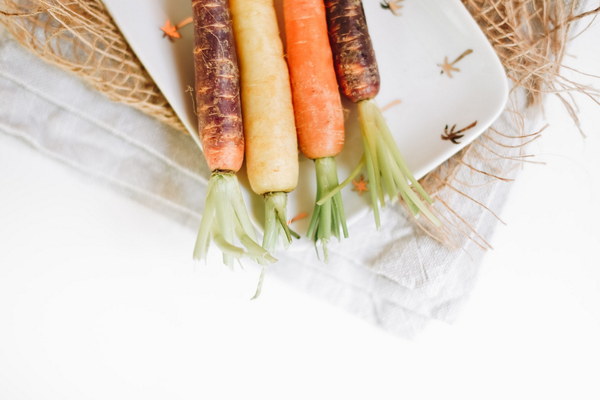
Some individuals may have allergies to certain herbs used in health teas. It is crucial to be aware of any known allergies before consuming these teas post-wound stitching to avoid adverse reactions.
2. Interference with Medications
Certain health teas may interact with medications prescribed for wound care, such as antibiotics or painkillers. It is essential to consult with a healthcare professional to ensure that the consumption of health tea does not interfere with your prescribed medication regimen.
3. Potential Irritation
In some cases, certain ingredients in health teas may cause irritation to the wound area. It is advisable to consult with a healthcare professional before consuming health teas if you have sensitive skin or a history of skin irritation.
III. Precautions and Recommendations
1. Wait for Proper Healing
It is generally recommended to wait until the wound has fully healed before consuming health tea. This ensures that the risk of infection and irritation is minimized.
2. Consult with a Healthcare Professional
Before incorporating health tea into your post-wound stitching recovery routine, it is essential to consult with a healthcare professional. They can provide personalized advice based on your specific condition and medical history.
3. Choose Suitable Health Teas
Opt for health teas with natural ingredients and minimal additives. Avoid teas with strong flavors or those that may cause irritation to the wound area.
Conclusion:
In conclusion, drinking health tea after wound stitching can offer various benefits, such as antioxidant, antibacterial, and anti-inflammatory properties. However, it is crucial to be aware of the potential risks and consult with a healthcare professional before incorporating health tea into your recovery routine. By taking these precautions, you can ensure a safe and effective healing process.
